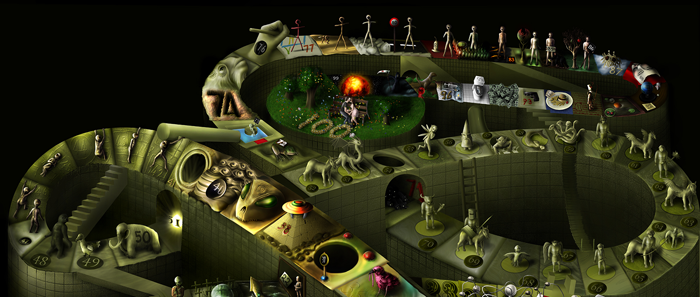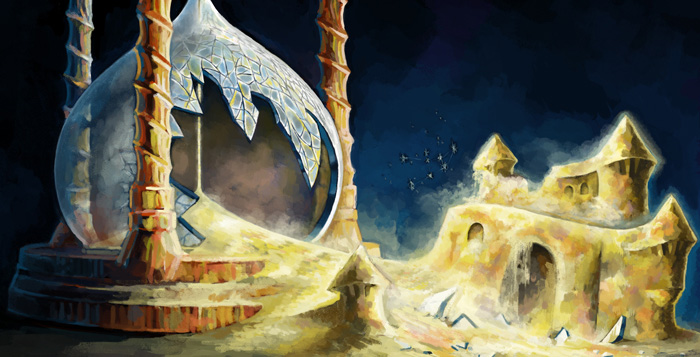07 Jun A Short History: The Rise of Video Game Genres
When thinking about the evolution of video games, we cannot, in any situation, separate it from technological advancement. “The history of the video game is, in parts, a history of technology” (Juul, 2001:online) because games rely on the processing power of technology to function, and even more extensively, to be visually represented. Some academic literature claims that the appearance of video games as such owes a lot to a cultural shift of perspective. But it is debatable whether this cultural shift was produced by an initial technological boom or that cultural development actually inspired new technology. The truth is probably somewhere in the middle, so that games appeared as a result of the mutual influence between culture and technology. To make myself clear, I’m going to quote Juul’s example: “the computer game was originally developed on equipment designed for military and academic purposes. But today the computer game is the driving force in the development of much hardware such as 3d graphics accelerators.”04 Jun Gamers are better at lucid dreaming
If you're not in the least interested in the improving of the self, you might not know what a lucid dream is. A lucid dream is a dream in which the dreamer is aware of the fact that he or she is dreaming and can alter the flow of the whole dream scenario. If you have at least once, during a nightmare, become conscious of the fact that you are indeed just dreaming and could wake up from the torment, you might very well be on the path of becoming a very effective lucid dreamer.08 Apr Video games: ludic qualities versus representational dimension
The academic literature has made a bad habit out of defining video games as a form of cultural discourse that replicates the texts of either literature or cinema. But I think that firstly, video games should be at first studied as such, as games. In this respect, though, games still are a fuzzy concept. Nevertheless, as Buckingham (2006) admits, we can argue that games are defined through play, the framework of which is sketched out through rules. Games, in contrast to other forms of media, “are not self-contained and they involve a different type and level of participation from that of reading a novel or watching a movie”. But, besides this participational aspect of play, it is disputable what other aspects should be encompassed by the term “video game”.






